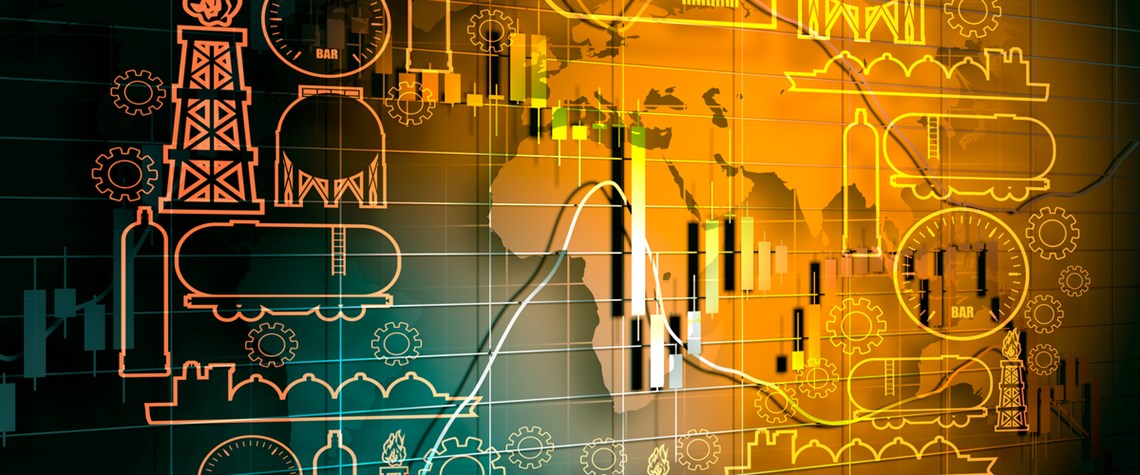The great gas investment divide
Gas’ part in the transition to a climate-neutral energy system is more controversial than for any other major source of primary energy
There is a developing consensus in the debate on how humankind should approach decarbonising energy supplies to avert dangerous climate change about the appropriate roles for most major primary energy sources. For example, a phase-out of coal—as the most carbon-intensive of fuels—garners widespread agreement, and the list of countries that have committed to this goal grows by the month. Conversely, renewables such as wind and solar power are viewed increasingly positively because they emit no greenhouse gases (GHGs) during operation and their costs continue to fall. Gas stands out as an exception to this general rule, dividing experts, making life uncomfortable for investors, and threatening

Also in this section
18 February 2026
With Texas LNG approaching financial close, Alaska LNG advancing towards a phased buildout and Magnolia LNG positioned for future optionality, Glenfarne CEO Brendan Duval says the coming year will demonstrate how the company’s more focused, owner-operator approach is reshaping LNG infrastructure development in the North America
18 February 2026
The global gas industry is no longer on the backfoot, hesitantly justifying the value of its product, but has greater confidence in gas remaining a core part of the global energy mix for decades
18 February 2026
With marketable supply unlikely to grow significantly and limited scope for pipeline imports, Brazil is expected to continue relying on LNG to cover supply shortfalls, Ieda Gomes, senior adviser of Brazilian thinktank FGV Energia,
tells Petroleum Economist
17 February 2026
The 25th WPC Energy Congress, taking place in Riyadh, Saudi Arabia from 26–30 April 2026, will bring together leaders from the political, industrial, financial and technology sectors under the unifying theme “Pathways to an Energy Future for All”







